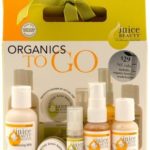
Why do skincare products include citrus peel oils?
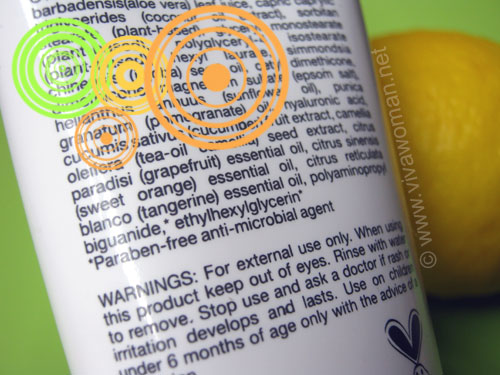
I have been wondering for the longest time why certain skin care lotions or even sunscreens include citrus peel essential oils because they are widely known to be photosensitizers that increase the skin’s reaction to sunlight and making our skin more likely to burn. Some common ones that I often spot are grapefruit, lemon, tangerine or sweet orange oils. Although most of these are less than 1% in the formulation, I’m still leery when I see a bunch of them clustered somewhere in the middle of the ingredient list and would steer clear of the product.
Benefits of using citrus essential oils
Now in terms of products in the natural or organic category, essential oils are usually included for their individual properties, aromatherapy benefits, as well as antimicrobial abilities. I know citrus fruit essential oils do provide skin benefits as they are antiseptic, anti-inflammatory and are usually good for acne prone skin. They are uplifting to our sense of smell and I also know they can function as natural preservatives by inhibiting the activity of fungi and bacteria and hence, are used in improving the safety of natural or organic products. But I still cannot for the life of me fathom why three or four of them need to be included in one single product. Then something I read regarding the extraction process of essential oils led me to think I might have the answer to my own question.
Extraction of essential oils
Essential oils are generally extracted by a distillation process. Other processes include cold pressing, or solvent extraction. According to what I’ve read, the most common essential oils such as lavender, peppermint and eucalyptus are extracted by this distillation process. Most oils are distilled in a single process. The exception is Ylang-Ylang Oil (Cananga odorata), which takes almost one full day (22 hours) to complete through a fractional distillation process so it is obviously costlier to extract.
Lower cost of citrus essential oils
But when it comes to most citrus fruit peel oils, they are usually extracted mechanically, or cold-pressed. Due to the large quantity of oils in citrus peels and the relatively low cost to grow and harvest the raw materials, citrus fruit oils are cheaper than most other essential oils. Lemon or sweet orange oils that are obtained as by-products of the commercial citrus industry are even cheaper. (source) I did a check on some of the wholesale pricing and did note that most of the citrus essential oils that are cold pressed are cheaper.
Included for cost reason?
So this is what I am wondering: if brands that include a bunch of citrus fruit peel oils in their products do so mostly for cost reason, amongst other factors, even though they are known to be photosensitizers? Sure, such citrus peel oils would have their own benefits such as sebum control but still, there are other options that are at least not known to cause photosensitivity. Okay, I can be wrong, but I really can’t help but wonder. What do you think?
Comments
Leave a Reply
You must be logged in to post a comment.


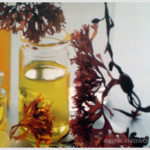
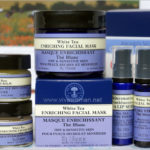








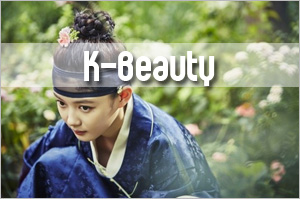
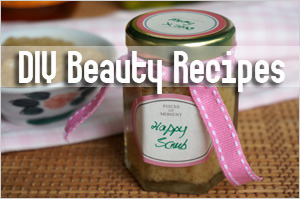
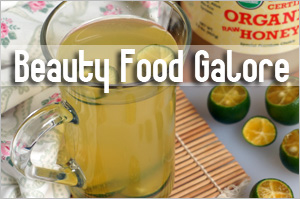
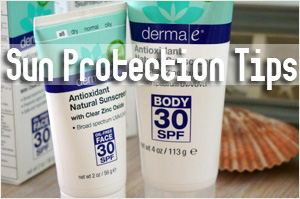
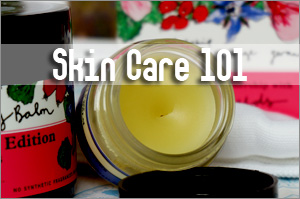
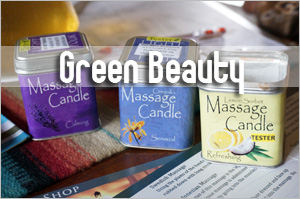
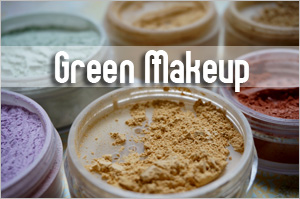
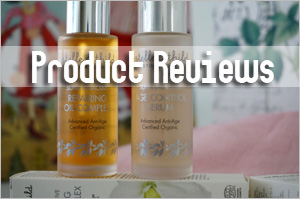
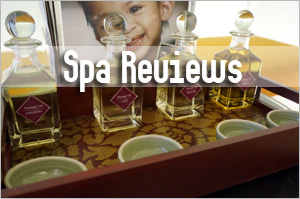
I think a lot companies add citrus essential oils to their products so they can promote them as having “natural ingredients.” If a product that is truly natural has citrus oils… then it must be for the scent ?
Susan last post is: D.C. VegFest
Yes, I agree. Putting in a number of essential oils would make the product look more “natural”. So it led me to think that the choice of essential oils might be due to the cost for some.
This just goes to show that we shouldn’t be taken in by the so-called “nature-based” products movement. Just because a product is made using nature-based ingredients does not mean that it is good, and just because a product contains chemicals does not mean that it is bad, either. If only life was that simple!
I never knew this about citrus peel oils! My question would be: how long does the increased sensitivity to sunlight last? Would it be safe as long as you don’t apply these oils in the morning/daylight hours?
Yes, agree…while I am inclined to use natural/organic, I’ve also written many times that we should be selective. I think at the at of the day, it’s more of a lifestyle choice whether you choose which category. Some pple just have no results using natural/organic.
I read that some can last longer than 24 hours but I’m not too sure as I’ve not researched into that yet. I think as long as you don’t use it in the day and you do use a sunscreen, it should protect.
I was under the impression that citrus essential oils contain limonene and linalool (two natural preservatives) and thus were included for this purpose. By incorporating it under its ‘natural’ chemical substance, it backs up their claims that the formulation does not contain preservatives when in fact the effect is the same.
Yes, I’ve mentioned that they also double up to improve the safety of natural/organic products but there are definitely other choices of essential oils to use or preservatives for that matter. I’m just thinking they might be picked cos they’re cheaper out of the many essential oils.
Your last line is very true! I’m so glad you aren’t militant about natural/organic.
This is so interesting to learn! most company use it to add a bit sent to it. Vegan products are natural and it does have its orders. I am trying out things.And it helps some. I like using natural preservatives myself.
No, not a militant. I’ve always said I’m not a purist but is someone more enthusiastic about natural/organic skincare that’s all. ?
Yes, I think the scent is uplifting so many people will like them. There are also other essential oils that smell good but they cost a lot more though…
Can it be to adjust the ph value? I dont know. But I read a lot lately about the ph value and the importance of having the right for the skin health. And lemon, oranges and so on is having a low ph. I use citric acid in my homemade products to adjust the ph. Beacuse it will become a bit too high with just oils for eaxample. And it work just fine on my skin:)
Interesting…you maybe right since citrus fruits are acidic.
Oh please. All this “natural” crap means nothing if it means citrus peels in products. Do you know that this is increasing the sun’s damage on your skin? Do some real research, this “information” is harmful, stop perpetuating it.
It is only harmful if you don’t know how to read what I’ve written. Obviously, you don’t or you don’t bother to understand that I’m questioning why such oils are used even when they’re considered as photosensitive ingredients. So don’t be rude.
http://www.mommypotamus.com/the-ugly-truth-about-grapefruit-seed-extract/
You’re so on the right track
I have recently found out that if citrus oils are “distilled” rather than cold pressed they are not “phototoxic” and that the cosmetic companies use the “distilled” citrus oils. Assuming this is true – why do they not say so…Why is it ll so secretive??? All to confuse you and make you worry – often I won’t buy something for those very reasons…And there are so many contradictions to everything out there. An d I wonder too how long distilled citrus oils have been around – I only noticed them recently when lemon oil cold pressed became too expensive.
There is a lot about essential oils that has become a bit of a racket – I have been using oils for well over 30 years and suddenly I read something that totally overturns all I thought I knew ( eg lavender and camphor content re burns – why did they not say so immediately??) I used to use citrus oils (cold pressed) a lot for personal use years ago and my skin was good – since I found out about “Phototoxic I was avoiding them …. but sometimes I wonder who’s playing who…